The Sound Barrier (1952)
Released in the US with the alternative title 'Breaking the Sound Barrier' (in case there should be any doubt what this film was about) this terribly British film from David Lean is not one of his better known. The third and last to feature his wife (Ann Todd), the film is a melodramatic soap tale set against the Greirson tradition of solid documentary making. This heralds from an era where no opportunity to educate was ever missed, which means that if you're going to watch and enjoy this film (and it's hugely entertaining) then you're damn well going to learn a little bit about the principles of flying too.
Based on a screenplay by Terence Rattigan, this is yet another in a long line of movies, very popular at the time, that explore the very human cost of scientific endeavour. In this instance, even close personal family tragedy is not enough to put a major aircraft manufacturer off his drive to be the first amongst the major aeronautical companies to create a jet that is capable of beating 'the sound barrier'. As we see again and again in the film, at a certain speed, around Mach 1, the plane is subjected to terrible buffeting. This is as a consequence of the plane travelling almost as fast as sound, pushing it so far in front that it creates a 'barrier' that cannot be broken through. Even nose-diving straight down towards the ground doesn't quite do it - and before long, the lives of brave test pilots are being lost in the pursuit of this particular vision.
All conversation is terribly staccato and a bit clipped in that frightfully upper-class kind of a way with lines like 'It's perfectly splendid that you agree to test this plane', and even the more tender moments between husband and wife seem horribly formal by today's standards. ('You dear, dear thing').
But the film has the most stunning aerial shots that really bring the whole thing to life, and these, along with Malcolm Arnold's amazing score, make it gripping viewing for the most part. The story initially centres around an ex-RAF pilot (Nigel Patrick) who proposes to the daughter ((Ann Todd ) of a wealthy aircraft manufacturer (Ralph Richardson). She accepts and the two then visit the father's home - based at the epicentre of his enormous factory. The father is strangely brusque and cold, and very direct in a stereo-typically northern way. He immediately sees potential in his daughter's new husband as a test pilot for his new jet planes.
When the two arrive it's clear from the father's dinner jibes that his own son (Denholm Elliot) is something of a disappointment and not at all a natural flyer. Despite this, the son is determined to undertake his first solo flight and, panicking, makes a bad landing which results in a fire that takes his life. When her husband is recruited as chief test pilot for some dangerous flights, the daughter is worried that the father's seeming callousness means that, as long as his cause is advanced, he cares little for her husband's welfare.
In an attempt to break through the sound-barrier, and despite recently having learned of his wife's pregnancy, the husband tries but fails - and crashes straight into the ground, nose first at horrendous speed, killing him instantly. When her son is born the daughter decides that she will leave her father's home but whilst with him she witnesses another attempt (this time with a friend of her now deceased husband's at the controls) at breaking the sound barrier. She sees her father's real passion and weakness during these trials, and realises that he does have feelings after all. The trials are this time a success - and all is well.
The film marries this romantic melodrama with documentary rather well and despite the dated dialogue, is an amazingly compelling watch.
Anyone with an interest in aviation will thoroughly enjoy it, and anyone with an interest in British cinema of this time will find much to enjoy.
The print and transfer are simply marvellous. Whilst the film is full of location footage (unlike, say, the beautifully lit studio based 'Hobson's Choice') it combines the variables of documentary footage and set studio pieces really well. It's presented in original 4:3.
Though there is an enticing 'Special Features' option on the menu it turns out to be nothing more than a stills gallery. Oh well.
Overall, I would thoroughly recommend this to anyone with a penchant for period British films, fans of David Lean, and anyone who enjoys a military or aviation yarn. It may not have the glam of 'Top Gun' but it certainly has the grit.
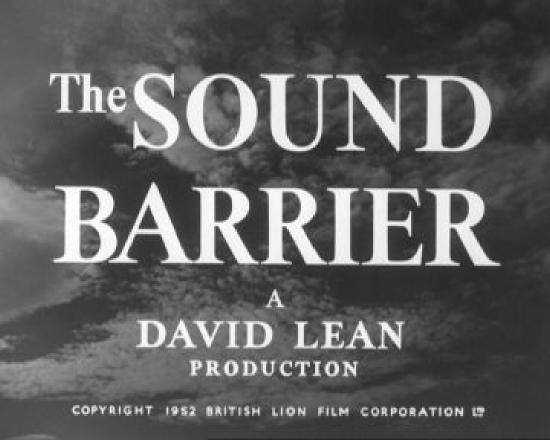
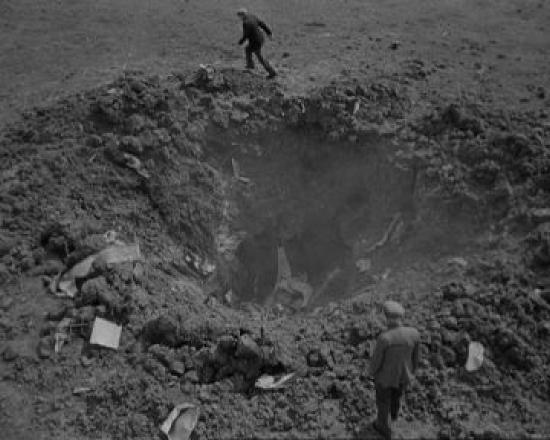
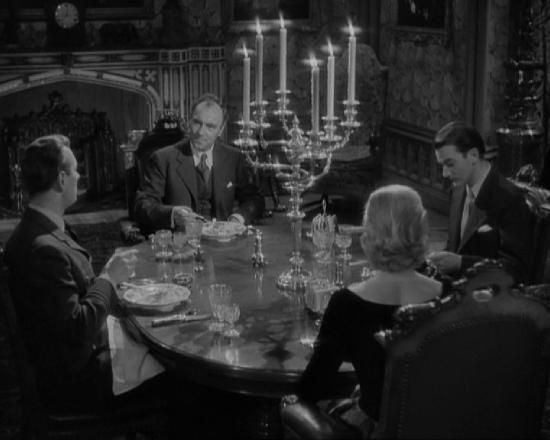
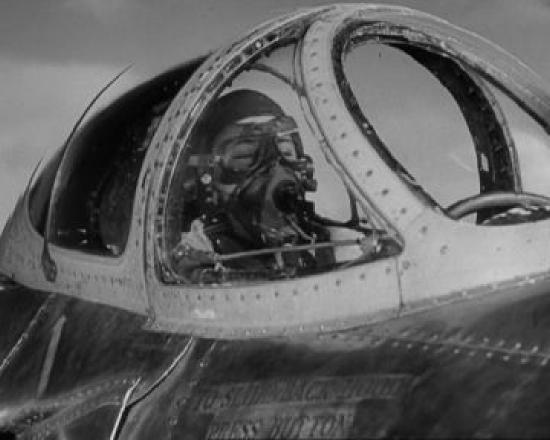
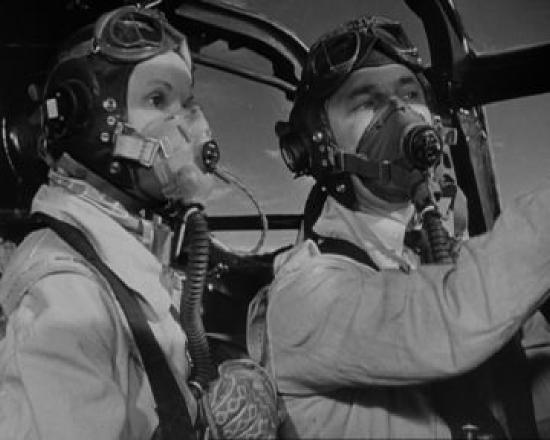
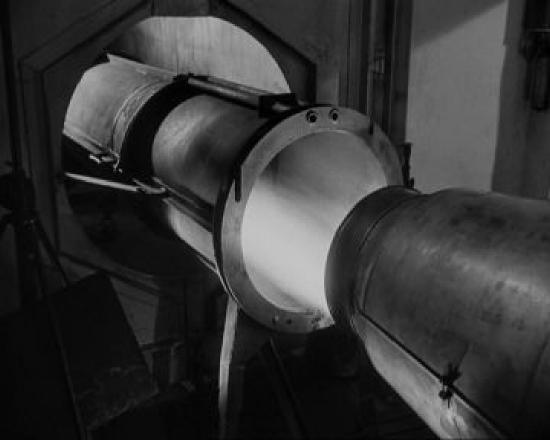
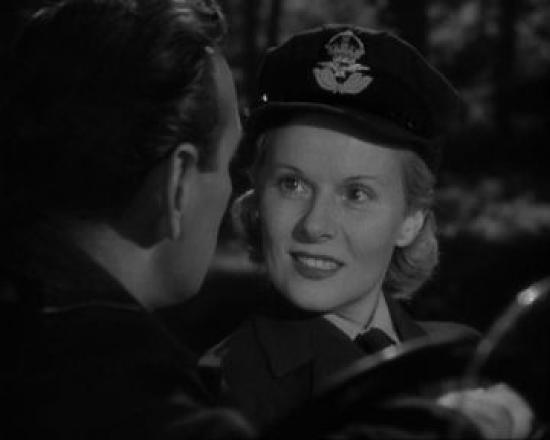
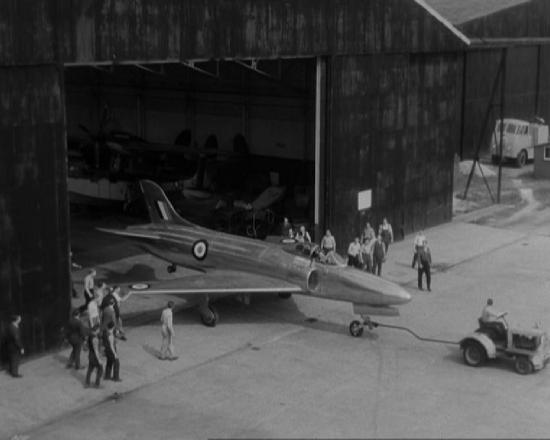
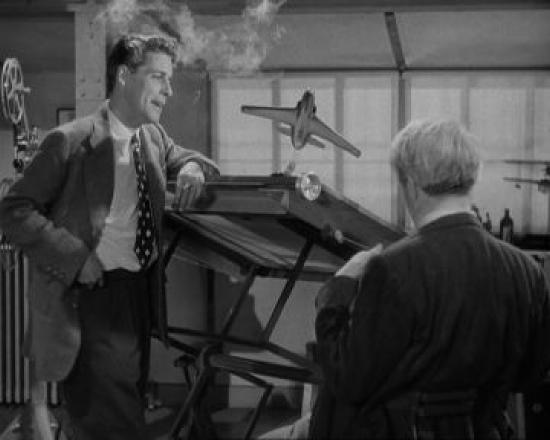
Your Opinions and Comments
Be the first to post a comment!